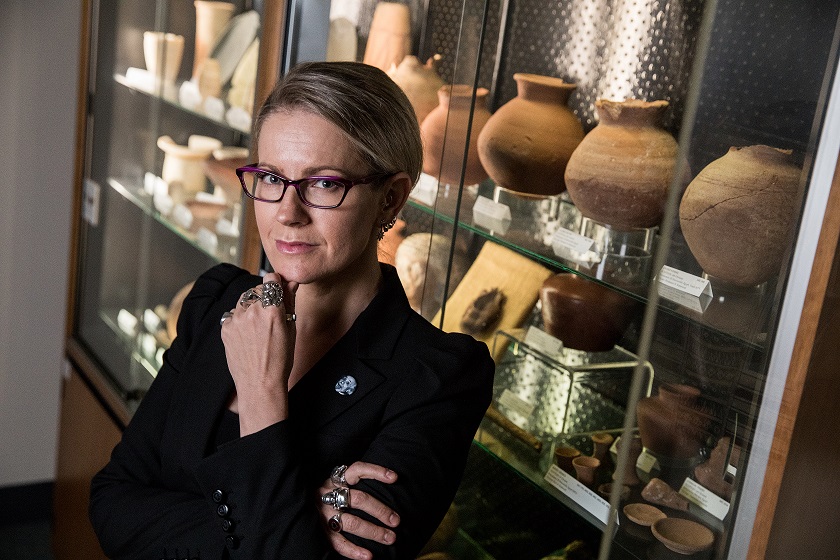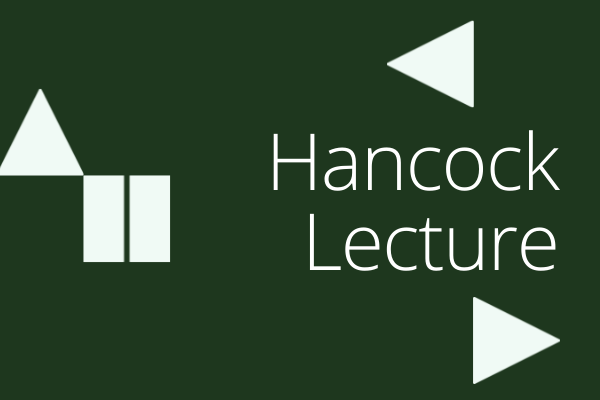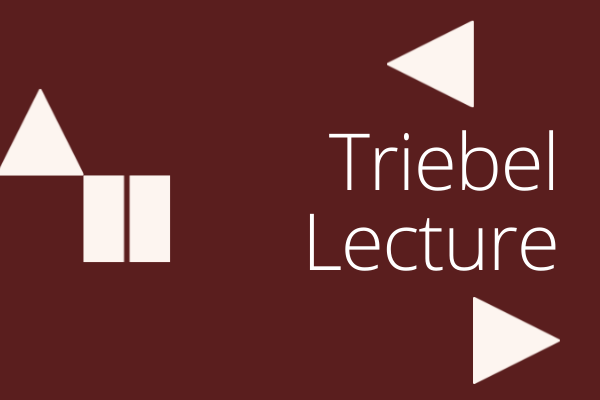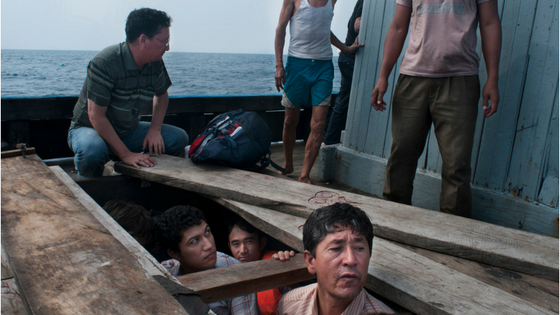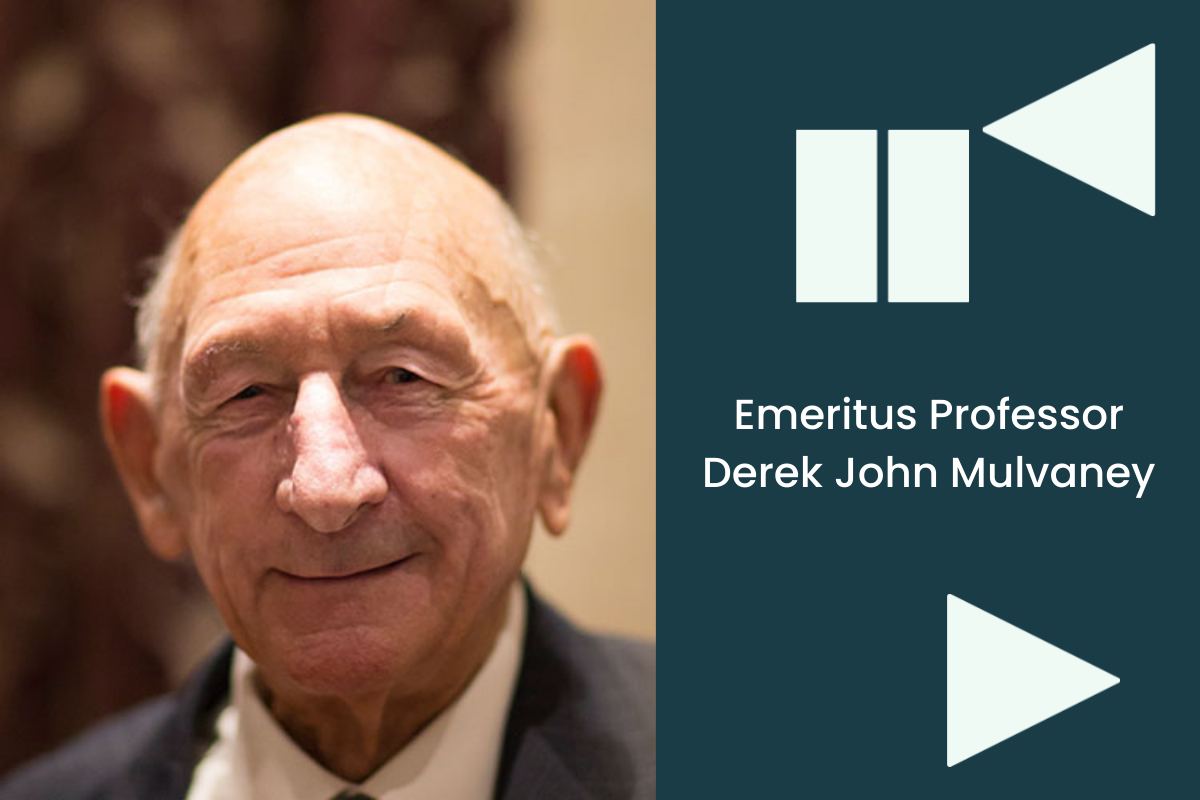Dr Ronika Power, one of Australia’s foremost experts in Bioarchaeology – the study of all living things from the ancient world – is the recipient of the Australian Academy of the Humanities’ 2019 Max Crawford Medal. The Medal is Australia’s most prestigious award for achievement and promise in the humanities and it is awarded to an Australia-based, early-career scholar for outstanding achievement.
Our community
Learn more about our Fellows (past and present), award and grant recipients, and more. Visit our Newsroom to explore stories about our impact, community and research.
Fashion Studies has emerged in the past ten years as a vibrant research topic, originating in part from women’s studies, literary theory, sociology, business and labour histories, and queer histories of the 1970s-90s.
The Hancock Lecture invites young Australian scholars of excellence to deliver their research in an accessible way for the everyday Australian.
Digital and big data developments are transforming possibilities for understanding Australian society and culture, enabling unprecedented research into our history and heritage, our place in the region, and the way we live now and into the future. Yet Australia’s unique social and cultural data and the source material required for research – such as artefacts, field notes, film, oral recordings – are largely unconnected and locked away in individual projects, collections and institutions.
The Triebel Lecture series elevates research related to modern European languages.
The Humanities explore how we experience, understand and describe our world and our place in it, so the theme of Humanitarianism and Human Rights was very timely for the 48th annual Symposium of the Australian Academy of the Humanities this November. For the first time in almost twenty years, this was held in Western Australia, convened by Susan Broomhall (The University of Western Australia), Alan Dench (Curtin University), Jane Lydon (The University of Western Australia), and Baden Offord (Curtin University).
Fellows of the Archaeology Section of the Australian Academy of the Humanities note with great sadness the passing of Emeritus Professor John Mulvaney at the age of 90. John Mulvaney made numerous and inestimable contributions to Australian archaeology, cultural heritage studies and public education for over 60 years with lasting international impacts. He was the first university-trained prehistorian to make Australia his subject, and has been justly described as the ‘Father of Australian Archaeology’.

